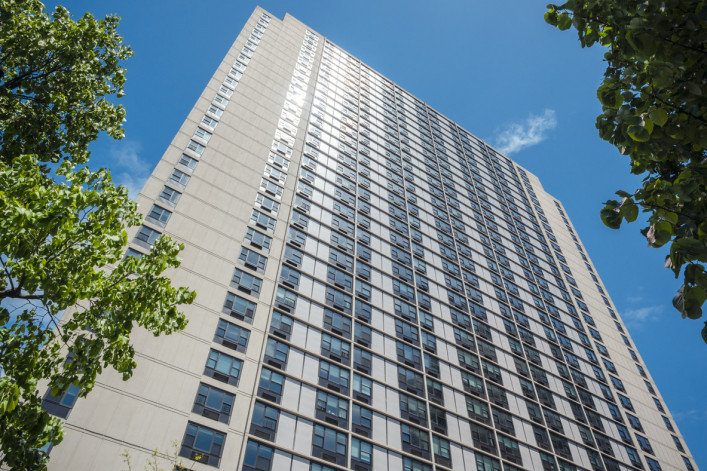How much will our carrying costs increase after we buy a co-op or condo?

Check to see if the building you're considering has a healthy cash reserve and any major capital improvement projects underway or planned in the future.
I've read that carrying costs for co-ops and condos are rising. How much of an increase for maintenance fees or common charges should we expect after we buy an apartment? And how can we find buildings that are better positioned to keep increases under control?
There's no avoiding increases over the long-term, but you can keep an eye out for certain red flags that may indicate a building is more likely to institute steep hikes in monthly maintenance or common charges, our experts say.
Monthly fees are up in both condos and co-ops, according to The Cooperator, thanks to the rising costs of energy and staff wages. Moreover, the Covid pandemic has meant residents spending more time at home and in common spaces, which in turn means more wear-and-tear, and the need for costly repairs. As a result, on a national level, the monthly median condo fee increased by 19 percent from August 2020 to August 2021, according to Zillow.
In New York, co-ops and condos usually have a specific range of annual increases for carrying costs, but the upheaval of the past few years has changed that.
"Most condos and co-ops set annual maintenance increases and they typically range from 3 percent and perhaps up to 5 percent," says James Woods, Esq., managing partner at Woods Lonergan (a Brick Underground sponsor). "With some research, you will be able to learn the prior history of increases. Given the current economic environment, however, you can expect the board to consider increasing maintenance further to keep pace with inflation and the increased costs of goods and services needed to operate the building."
Even in buildings that are in great shape, increases in monthlies are a fact of life.
"Avoiding increases in monthly charges is the holy grail of New York real estate," says Thomas Usztoke, vice president and senior managing agent for Douglas Elliman. "It can be accomplished by astute financial handling, but it’s a short-lived outcome. Whether a building is borrowing, using transfer fees, or is 'well positioned,' a no-increase environment is not sustainable."
In addition to pandemic-induced economic strain, there is a long list of other factors behind maintenance increases.
"The short list includes aging buildings, real estate taxes, utility increases, the decade-long juggernaut of a rapidly expanding city regulatory environment of mandates and penalties for failing to comply timely, and well-intentioned carbon reduction goals," Usztoke says. "The cost to accomplish these, with formulated penalties for compliance failure, are impacting the cost of maintaining an apartment building in NYC significantly."
You can get a sense of what the future may hold by looking into the financial history of a building you're considering, ideally with the help of a real estate attorney.
"Examine the finances of the building and determine if it has a healthy cash reserve to absorb any temporary increases in costs. You also want to check to see if the building has any major capital improvement projects underway or planned in the future, such as Local Law mandated projects," Woods says.
"The board’s budget should provide insight into the cost of the project and how it will be paid for, and earmark sufficient monies for those capital projects. Failing to do so will create further financial demands, which could come in the form of maintenance increases or assessments," he says.
Trouble at home? Get your NYC apartment-dweller questions answered by an expert. Send your questions to experts@brickunderground.com.
For more Ask an Expert questions and answers, click here.
You Might Also Like






























